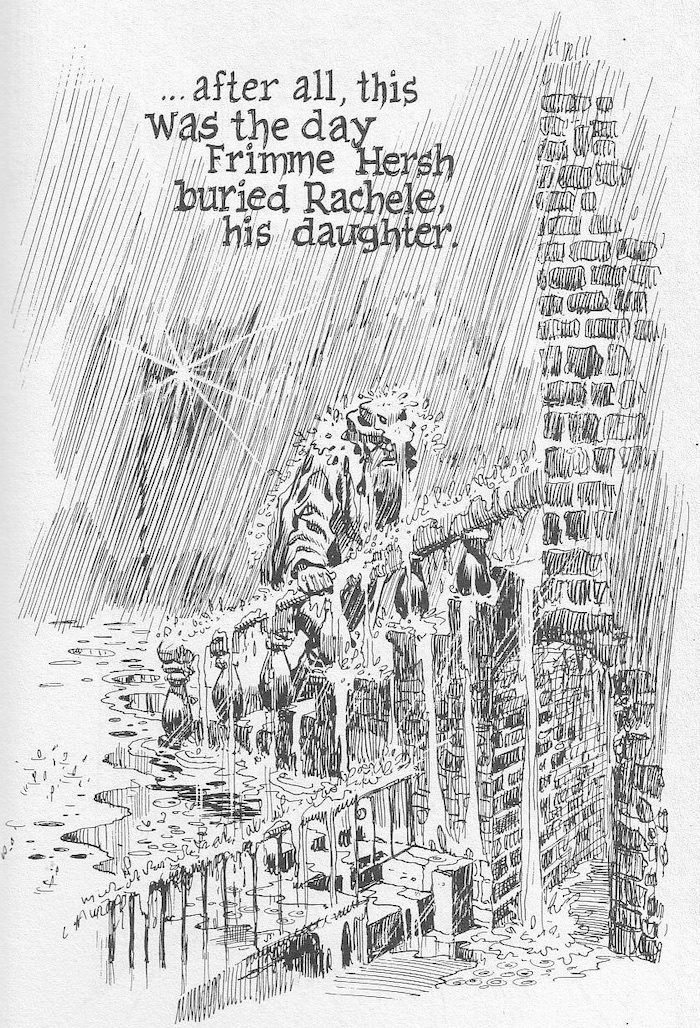Since their original publication, these first-person stories stories have been shaped into three books: The Playboy, I Never Liked You and The Little Man (a miscellany of tales, some fictional). These three represent an extraordinary period of development, as Brown subdued the extravagance of his early fantasies in favour of an equally provocative sense of restraint. He is still capable of shocking disclosure, but, unlike the latter instalments of Brown's fantasy opus Ed The Happy Clown, never turns aside important questions for the sake of a rude surprise.
Brown's memoirs do more than bare private nastiness to the world: they treat the ordinary, everyday encounters as occasions for the deepest questioning. For Brown, even the confused silences of adolescence are charged with moral significance - as shown, for instance, in the unsparing treatment of his failed teenage relationships in I Never Liked You. That book, which turns on the question of speech but climaxes with an awful, emotionally wrenching silence, is Brown's most affecting work to date, the masterwork toward which the earlier memoirs aim. Yet the earlier tales too are splendid, especially The Playboy and Danny's Story.
The Playboy captures Chester's awkward formative experiences with middlebrow pornography: there is no genuine catharsis, only a closeted shame and, in time, a blank evacuation of feeling. Here Brown ingeniously divides himself into an adolescent character and a gadded adult narrator, the later imagined as a hover, bat-winged devil whose mocking commentary underscores the depth of Chester's shame. Danny's Story, a boarding house anecdote, turns on the unwelcome intrusion of a neighbour whose sense of racial, cultural and sexual identity is entirely at odds with Chester's; it's a small masterpiece of minute observation, one which turns up some of Chester's least attractive qualities. (It ends with Chester biting his neighbour and slamming the door in his face.) These stories wring significance from the smallest details. Taken in sequence, each successive story finds Brown doing more with less.
Brown is not one to shy away from unpleasant detail, but seems to have little interest in making a shtick out of his unflinching "honesty". Each of his memoirs poses its own questions; each has its own thematic agenda and its own symmetry. They are all strong narratives, putting the lie to the idea that autobiography is for those who cannot construct real "stories". Taken together, these stories reveal an abiding interest in the ways people are shaped by their environment. Brown's powers of observation and his ability to conjure an environment in all its specificity are constant and breathtaking.
Chester Brown at Patreon













